Last Updated on October 3, 2022
The internal combustion engine contains an important part called the timing belt on most vehicles (some have a timing chain). This is responsible for ensuring that the camshaft and crankshaft are rotating at the same time.
That way, the valves of the engine will open and close when they are supposed to. The functioning of the valves is meant to be in sync with the intake strokes and exhaust strokes of the engine’s cylinders.
The two main parts of a timing belt are its durable rubber and nylon-reinforced cords. The belt is constantly coming in contact with various gears and pulleys.
After a while, the belt becomes too loose because the wear and tear stretch it out. For this reason, a timing belt tensioner is used to ensure the belt remains tight.
If the timing belt tensioner goes bad, then it will basically be like having a bad timing belt because it won’t be able to function properly anymore. This will create all kinds of trouble for your engine including performance.
See Also: Timing Belt vs Timing Chain
Top 5 Bad Timing Belt Tensioner Symptoms
Here are five of the most common signs that your timing belt tensioner has failed and needs replacing. If you notice a combination of any of these, then it is likely time to replace your tensioner.
#1 – Check Engine Light

If the timing belt is loose because of a bad tensioner, then the timing of the valves will be off. This means problems in the engine, which will then result in the check engine light illuminating on the dashboard.
Since the check engine light alone can mean a million things, you can use scan for any trouble codes via a car scanner to confirm the issue.
#2 – Knocking Sounds
When the timing belt gets loose, it will start to knock around and hit the timing cover and the other parts inside of it. If it does not exactly sound like knocking, then it might be more of a slapping sound instead. The sound should not be confused with rod knock.
#3 – Engine Fails to Turn Over
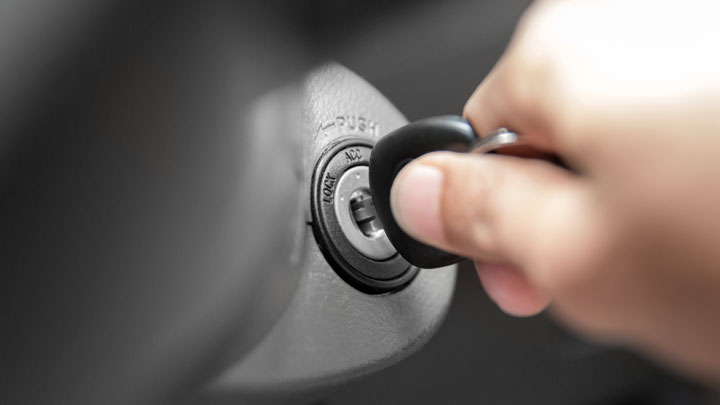
The camshaft and crankshaft cannot synchronize when you have a loose timing belt caused by a bad tensioner. Because of this, you won’t be able to ignite the fuel and air mixture in the chamber.
You may hear the motor after you turn the key in the ignition but you won’t be able to turn the engine over.
Related: Causes of a Vehicle That Cranks But Won’t Start
#4 – Grinding Sounds
If the timing belt doesn’t have a firm grip on the pulleys, then it will cause the pulleys themselves to make grinding or rattling noises. This will definitely happen if the pulley bearing goes bad.
#5 – Engine Misfires
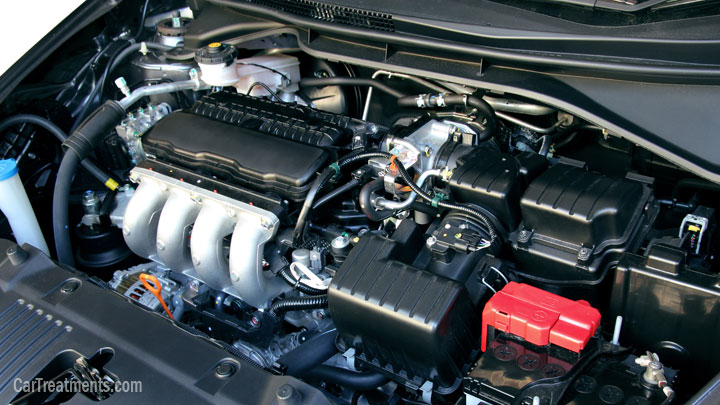
If the valves of the cylinder open or close too prematurely, then it will result in an engine misfire. This will happen if the timing belt is not able to rotate the camshaft and crankshaft at the same time.
Timing Belt Tensioner Replacement Cost
Best places to order parts? See: 19 Best Online Auto Parts Stores

The replacement cost of the timing belt tensioner can be anywhere from $150 to $500. Parts can range from $60 to $350 depending on the vehicle and whether the tensioner is OEM or aftermarket.
Expect to pay around $90 to $150 for labor. Taxes and fees may be added to these prices.
See Also: Seat Belt Won’t Retract or Pull Out? (How to Fix)
How Long Does a Timing Belt Tensioner Last?
Unlike the timing belt itself, the tensioner doesn’t necessarily have a manufacturer’s recommended change interval. In almost all cases, the timing belt tensioner should be replaced at the same time as the timing belt which is generally between 75,000 and 100,000 miles.
The actual lifespan of the tensioner is much longer than the timing belt, but because it’s usually quite difficult to get to, you’ll save yourself a lot of money in the future if you replace the tensioner (as well as the water pump) during a timing belt replacement job.

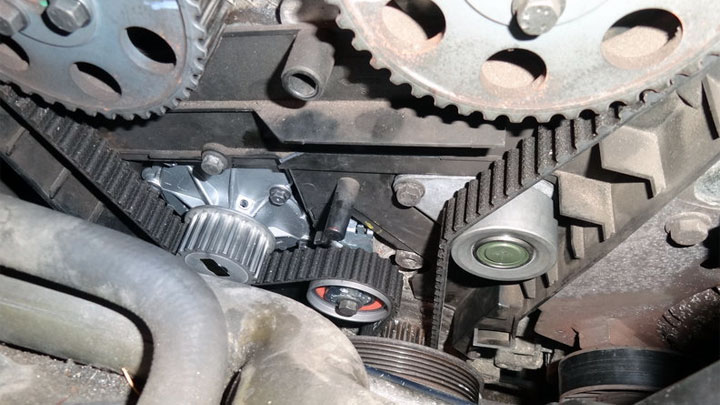
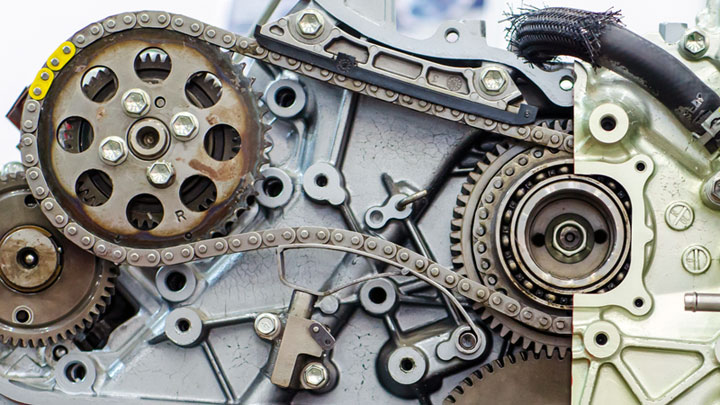
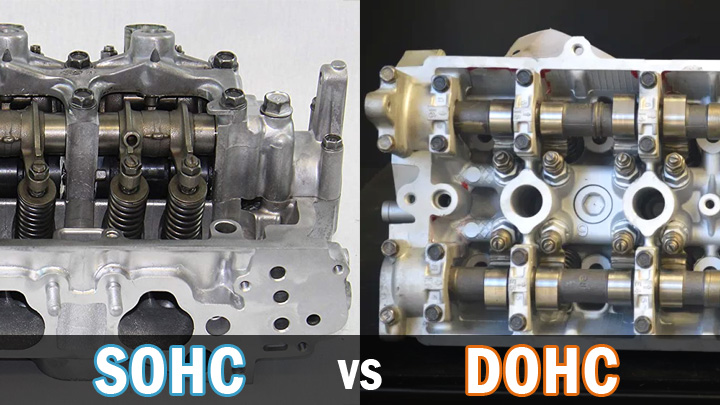

My 2011 Chevy Silverado makes a ticking noise in the mornings then when it warms up it stops and I don’t hear it anymore??
What causes this noise
I have Audi A4T and the tensioner become so that is mean my valves are damaged cause it seems like there is no compression
Defective tensioners are common with many Audi’s. Being a inteference engine that’s all it takes to destroy valves and pistons. The problem was so bad Audi issued recalls and class action lawsuits were filed. I never buy a used vehicle without a quick google search for KNOWN defects and reliability history ! Recently interested in a beautiful Nissan that looked immaculate and ran drove perfectly. Very first previous owner comment “the biggest POS i have ever owned” followed mostly bad but mixed reviews. I’ll take their word for it. Sorry to hear about the car, I know the sick disgu$ted feeling all too well.
Audi built by vehicle are said by vehicle mechanics as the worst car ever. They don’t own them . They buy Toyotas
Good advice but it’s late for me. Wish you posted this last year.
I had this problem with my 97 honda civic. the car won’t start. I checked regular items: battery, starter, spark plug wire, distributor cap, rotor, and electrical connections etc. all in vain. i’ve never seen this problem before. After a few days of intensive research, finally i found a piece of info that says worn timing belt can cause the car not to start. my car’s timing belt is not broken, but maybe worn cause it’s running for over 80k miles. so i opened the timing cover and found the timing belt tensioner is loose, not putting pressure on the belt, timing belt is still OK.
My car is from timing set and it’s now overheating after few miles now and then. What can be the problem?
Sounds like the water pump isn’t turning correctly, or perhaps the thermostat isn’t opening.
The picture shown above is a serpentine belt tensioner not a timing belt.
No, this is a timing belt. Serpentine belts don’t have teeth like a timing belt; they have ribs instead. You can see where the serpentine belt would normally sit on the crankshaft. The serpentine belt would ride on the ribbed pulley that sits just below the red pulley in the picture.